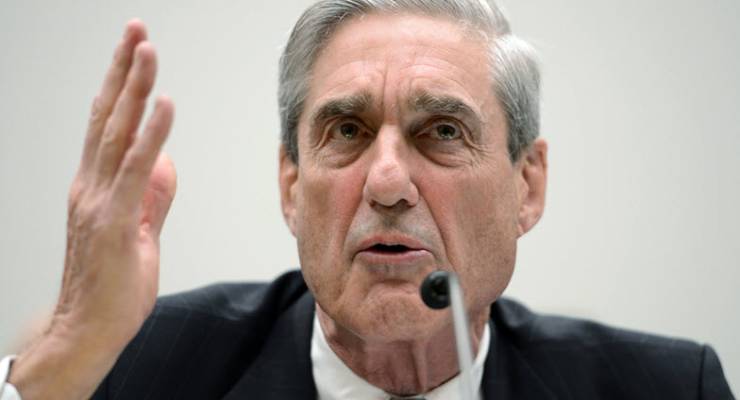
Let’s engage in a hypothetical: what if a foreign power colluded with a rich, serially bankrupt, major party political leader and sexual predator here to help him win an election and his party controlled both houses: how would our institutional framework deal with it?
Would the AFP investigate it? Perhaps; more likely not. As Canberra veteran Jack Waterford pointed out on the weekend, the AFP’s tendency to operate as a department of government, rather than an independent law enforcement body that acts “without fear or favour” is well-known. Could ASIO take some action? ASIO is an intelligence gathering agency, not a law enforcement body and certainly not — thank goodness — a prosecutor. Perhaps a senate inquiry? Such an inquiry might not ever happen, or be utterly hobbled (think of the Howard government’s farcical three-day inquiries into major pieces of legislation) if the government controlled both houses. But even if it didn’t, and a references committee inquiry was established, such an inquiry has limited powers — it can’t order House of Representatives MPs to appear before it, it can’t order ministerial staff to appear before it, and public servants have ample capacity to evade questioning. Nor, of course, does a committee’s findings carry any legal weight, especially if it’s not a unanimous report.
The only mechanism would be if such a government felt sufficient political pressure to appoint a royal commission, which would have the requisite powers to conduct an investigation. However, the government would retain control of the timing and budget of the commission; such commissions tend to take a long time to achieve anything, and they can’t prosecute anyone. That decision will always be in the hands of the (government appointed) Commonwealth Director of Public Prosecutions.
Special Counsel Robert Mueller, of course, was also appointed by the executive — specifically, by the Deputy Attorney General Rod Rosenstein after Trump’s AG recused himself. Rosenstein has said he is unable to sack Mueller unless there is demonstrated malfeasance by him, regardless of what Trump demands. Trump could of course sack Rosenstein, Nixon-style, and keep sacking acting DAGs until he found a Robert Bork-like lickspittle willing to sack Mueller. But it would then be open to Congress to restore Mueller to the position of independent counsel, which is how special prosecutors were appointed from the late 1970s to 1999.
Regardless of the fact that a GOP-dominated Congress might refuse to do so — or that congressional special prosecutors have been misused before (think Ken Starr) — this shows the benefits of a proper separation of powers in providing mechanisms for checks on executive overreach.
Here, executive overreach is almost entirely unchecked. The current government has used royal commissions to target its political opponents; it has set up the Registered Organisations Commission, which is entirely partisan in its purpose and operation, and open to direction by the relevant minister; its agencies and departments routinely use the AFP to pursue leaks that have embarrassed the government. Even far-right commentators have observed a trend for this government to exploit its massive powers to target its political opponents. There is insufficient separation between parliament and the executive to provide adequate oversight — and that applies to opposition parties as well; rare is the opposition senator who pursues inquiries that might prove inconvenient to their own party.
This lack of separation is particularly problematic on national security: the committee that oversee national security, intelligence and security agency matters is controlled by the government, both in chairing the committee and in controlling what the committee examines, and is composed of major party members only. The Joint Committee on Intelligence and Security would never investigate the greatest scandal of Australian intelligence since the Iraq War — the bugging of the East Timorese cabinet by ASIS at the request of the Howard government for commercial purposes and the ongoing harassment of Witness K, who revealed it. Nor is there any independent body that could conduct such an investigation. Unlike US intelligence agencies, our own intelligence agencies know that they don’t face the risk of a hostile inquiry into misconduct led by a parliamentary committee.
We may laugh at the extraordinary pickle the US has got itself into with Trump, but at least it has some institutional capacity to deal with him. Pray our own institutions aren’t put to a similar test.








Crikey is committed to hosting lively discussions. Help us keep the conversation useful, interesting and welcoming. We aim to publish comments quickly in the interest of promoting robust conversation, but we’re a small team and we deploy filters to protect against legal risk. Occasionally your comment may be held up while we review, but we’re working as fast as we can to keep the conversation rolling.
The Crikey comment section is members-only content. Please subscribe to leave a comment.
The Crikey comment section is members-only content. Please login to leave a comment.